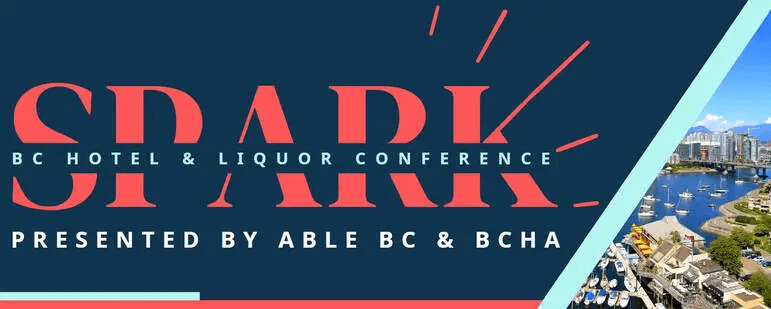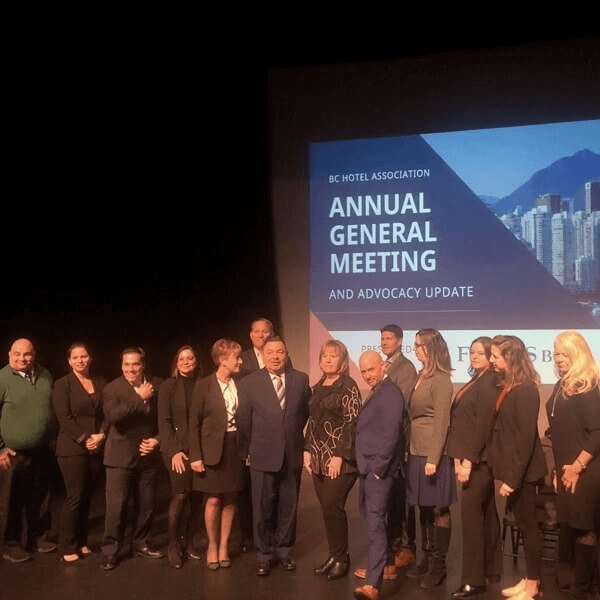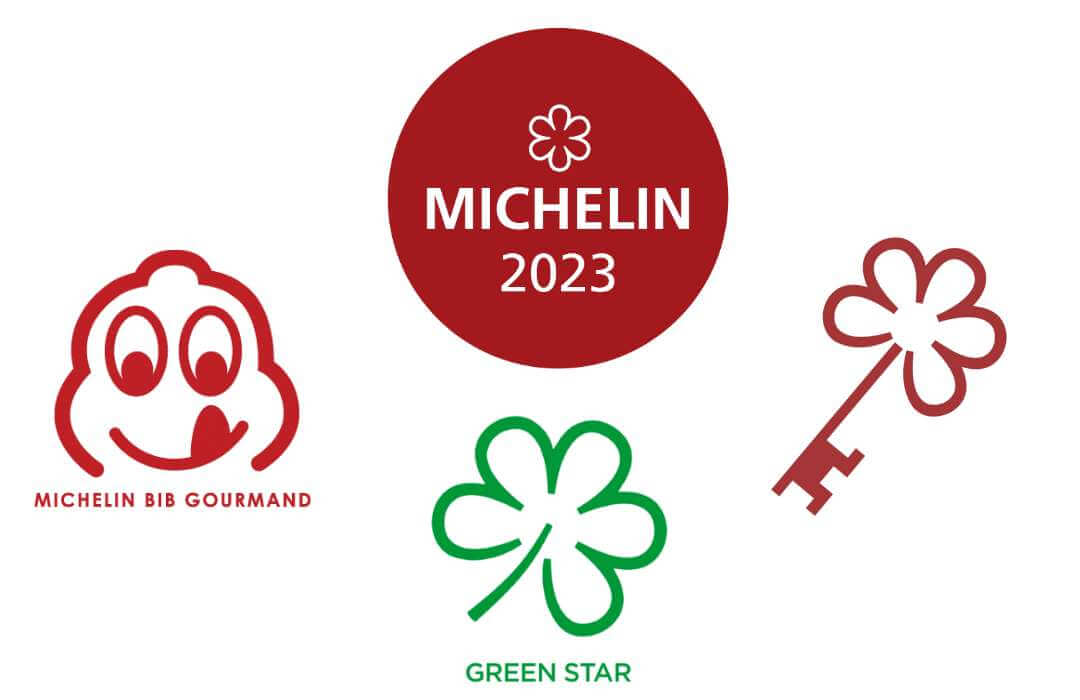Last week, Rethink2gether attended SPARK: the first ever BC Hotel & Liquor Conference, created for hoteliers, liquor retailers, and hospitality owners and managers. This in-person event took place in-person in Vancouver, BC, on Granville Island at the Waterfront and Nest Theaters.

Here are quick insights from 5 leaders at the SPARK BC Hotel & Liquor Conference!
#1 Attract and retain a sustainable tourism workforce
Bryan Pilbeam has been the Chair at the BC Hotel Association for the last 3 years and is VP at Invictus Properties in Kamloops. He shared the BC tourism and hospitality industry has been challenged with extreme staff shortages. At the time of writing, there are 54,000 job openings in the hospitality industry in British Columbia. To have more industry colleagues, it is key to find new ways to attract talent, to provide amazing experiences and to become steward of sustainability.

Board of Directors of the BC Hotel Association
#2 Implement a Tourism Growth Strategy
Ingrid Jarrett is the President & CEO at the BC Hotel Association. With no surprise, the workforce shortage has been highlighted as one the key industry challenge right now. And in the next 6 to 8 years, there will be more people retiring than joining the workforce. To improve rates, occupancy and RevPAR, it will be key to change the narrative and build a regenerative/inclusive tourism industry. BC hotels need to attract foreigners and leverage LMIA-exempt job offers. There is no work permit required with (1) International Experience Canada, (2) Francophone Mobility and (3) International Trade Agreements with some Latin American countries.

#3 Develop the hotel infrastructure
Anita Huberman, President & CEO at Surrey Board of Trade, shared that there is a lack of hotel infrastructure in the City of Surrey. Her goal is to make Surrey a destination city. According to the Greater Vancouver Board of Trade, Surrey will be the largest city in British Columbia by 2030, so it is key to help businesses develop the hotel infrastructure, so travelers can experience the world.

#4 Leverage collaboration with industry colleagues and partners
Jeff Guignard, Executive Director at Alliance of Beverage Licensees (ABLE BC), has shared some of the challenges faced by the industry include the changes in liquor regulations. Liquor and food primaries selling liquor with takeaway and delivery meals have been impacted by those legislation changes. Additionally, the impact of hyperinflation is very real, and the costs of event is much more expensive (gas and food being more expensive). ABLE BC aims at ensuring compliance with regulations from the Government of British Columbia: “if you are selling liquor with takeout or delivery, it must be sold with a meal”. To achieve this, working together with industry colleagues and partners is essential.

Lunch at Dockside Restaurant (Granville Island Hotel)
#5 Develop sustainability tools & programs
Sustainability is one of the Advocacy Priorities for BCHA in 2023. Gwendal Castellan, Manager, Sustainable Destination Development at Destination Vancouver, shared that there are coming changes in sustainability regulations: The Canadian carbon tax will rise to $150 per ton, switching from disposables to durables will be enforced by 2025, reporting of greenhouse gas emissions and waste may become compulsory soon. The Government of Canada works towards ensuring that net-zero planning becomes a default business practice across the country. Your hotel has an essential role to play in the country achieve net-zero emissions by 2050 and can join the Net-Zero Challenge.
The hospitality industry need to get ahead of policy before the business case is forced upon hoteliers. And good news: cost savings opportunities also align with the demands of the job market, as ESG performance is key to employee retention.






